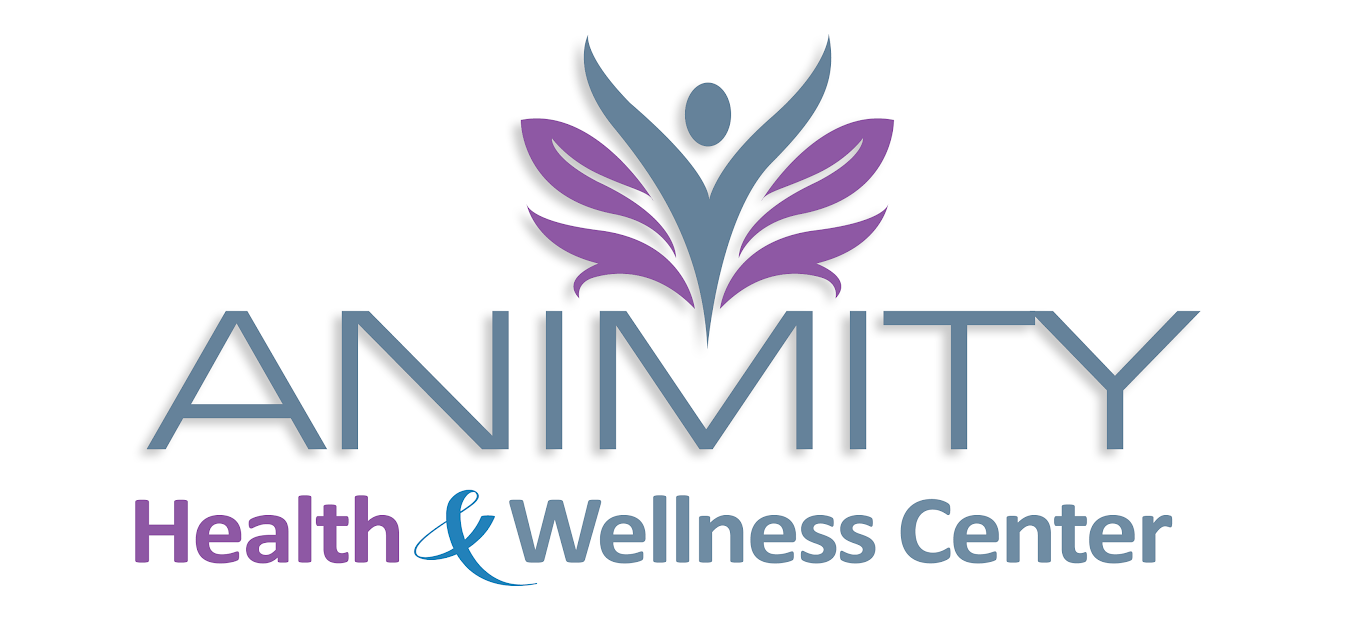The Power of Presence
By Dr. Victor Schueller | Chiropractic
How you can use attention to decrease stress and overwhelm
It’s very easy when you are busy to let the pressure of getting things done (or not getting things done) to cause overwhelm and anxiety. It’s that idea that there are “always things to do” that perpetually leaves us with an unending list and reminder that our work is never done.
We seek an escape from this relentless pressure to perform. We try to find relief by seeking activities which are pleasurable and fun, but despite our best efforts, we still can find ourselves running from pleasure to pleasure and again feel that same “chasing after things” feeling. We end up right back where we started, realizing that we’re too busy!
Struggling to find balance
The challenge of finding balance between our work and home is very real and very difficult. And the more we seek balance, the more stress it can place upon us. You may be reading this, by now asking yourself, “Just what doesn’t cause stress and overwhelm? Everything causes overwhelm!”
Presence is the key
You see, simply striving for things is the cause of unpleasantness. Having a list of things can cause us to be less than happy if we allow the idea of us failing to check everything off our list to be a reminder of our failures or unmet objectives.
Whenever we set ourselves up to have to perform to a certain standard, or accomplish a certain task, only to not meet that objective, we are setting the stages for stress and overwhelm. For example, if we strive to send out thirty thank-you cards by the end of the day, yet fail to do so, that in itself can be a stressor.
It’s the failure to accomplish what we desire that is the source of pain. It is the unmet objective. It’s the reminder that we’ve failed to deliver for high performers that is the source of stress. There is a very real solution to this problem, and it comes from simply using presence as you live your life.
What is presence?
Presence simply is the act of deliberately attending to whatever you are doing at the present moment — that’s it. Whether it’s washing the dishes, typing an email, folding laundry, working to accomplish a “to-do” on a list, or anything else, presence is simply being 100 percent in the moment and engrossed in the present moment.
The reason this works is because you are not thinking about what else is on your list of “to-dos.” You are not focusing on what you didn’t accomplish in the past. You’re not worrying about the future, as it has not yet arrived. When you are engrossed in the present, the only thing that matters is now.
The reality is that this is 100 percent true anyway. There is no past or future — just the now. It’s just that we spend our moments in time travel, worrying about the next ten things we need to do, or reminding ourselves of the last ten failures to deliver on our promises to ourselves, thereby robbing us of the wonderful present moment. In reality, the present is all that exists.
Your mind can only handle one thing at a time. No matter how hard you try, your attention can only be fully placed on one thing in the present moment. The stress and overwhelm comes when you mentally try to juggle multiple things at one time.
How you can put this to practice
Lists are great
We can only do one thing at a time. Write a list of all the things you wish to accomplish. If you want to make this even more powerful, write down six items you wish to complete tomorrow — write them down before you go to bed. Then, one at a time, complete those items the next day. Do one at a time, and only begin the second item after the first is completed, and so forth.
Hand off the overload
Some people find it helpful to take a full inventory of all the things they would like to accomplish, and then realize the improbability of doing it all on their own. Let’s face it — it’s unlikely that we mere mortals can do everything.
Why not divide your list of things to do into two columns? Make one column the things you are going to work on, and then make the other column with items that you know you can’t get to in the near future, but you are giving it up to the “universe” or God, or whatever supernatural presence that is way above and beyond you as far as capability of making things happen.
You’re not going to do it anyway, so why not give it up to a higher power? At least then you have a chance of it happening outside of your own physical doing!
When we find the ability to simply remain in the present moment, we will harness the power it possesses — the calm, the focus, the efficiency, and more. Presence is more than a practice — it’s a tool that we can use every moment of every day to capture the best we have to offer the world we live in.
Why should we continue to agonize over what we need to do? Why not simply choose one thing to focus on, and then see it through, fully engrossed in its beauty, until it is completed? Then, we get to live the wonderful experience again, simply by choosing yet another thing for which we can be present, and do it all over again.
Presence is a gift we can give ourselves, and it is so simple to practice, and so wonderful to experience. Today’s a great day to start.
